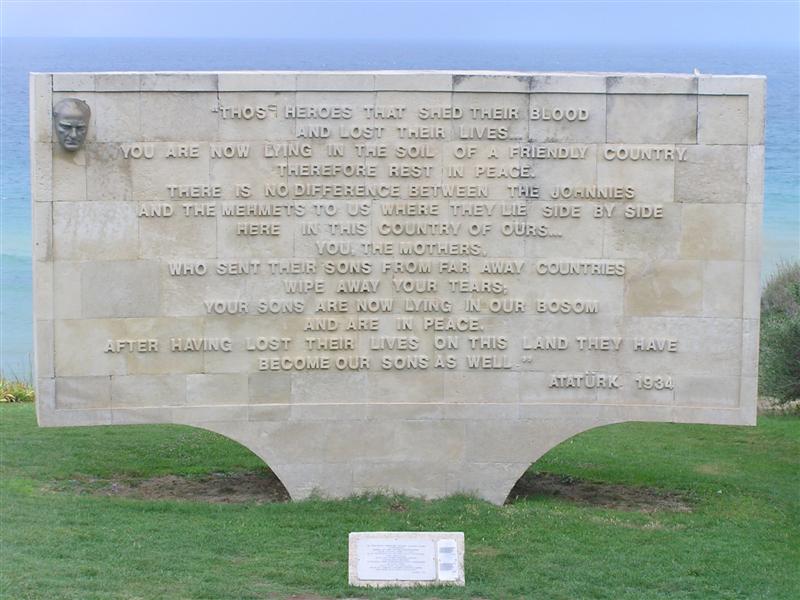1916
The end of the Battle of Gallipoli
One of the most consequential battles of the 20th century took place beside the straits that lead from the Aegean Sea to the Black Sea. On April 25, 1915 Allied forces began to land on the Gallipoli peninsula as part of a plan to capture Constantinople, capital of the Ottoman Empire and thus drive Turkey, a German ally, out of the First World War. Less than nine months later after bloody stalemate, the British, French, Australian, New Zealand troops withdrew, with a regiment of Newfoundlanders serving as the rear guard covering their retreat.
Instead of victoriously marching up the peninsula toward Constantinople, the Allies barely succeeded in penetrating the hills beyond the beaches. The Turks, under the command of German officers and a colonel by the name of Mustafa Kemal, held the heights tenaciously at great cost to both sides. With trenches mere yards apart at some points, the fighting was often vicious and personal. Casualties were high and eventually the Allies chose to withdraw and abandon the ambitious plan.
The fall-out of this defeat was enormous. Both present-day Turkey, New Zealand and Australia regard it as a foundational moment in their histories. Kemal would go on to overthrow the Ottoman Empire and become known as Atatürk, the founder of a secular, new republic. Winston Churchill, whose brainchild the invasion was, lost his job as head of the Admiralty and amphibious invasions were regarded with great trepidation until the success of the D-Day landings in 1944. Most importantly, the failure to clear a path to the Black Sea prevented the western Allies from reaching Russia with supplies. Russia’s subsequent military set-backs led directly to the overthrow of the Czar, the establishment of a nascent democracy, and the toppiling of that democracy by the Bolsheviks. The history of the 20th century would have been vastly different if the Allies ahd won at Gallipoli.
